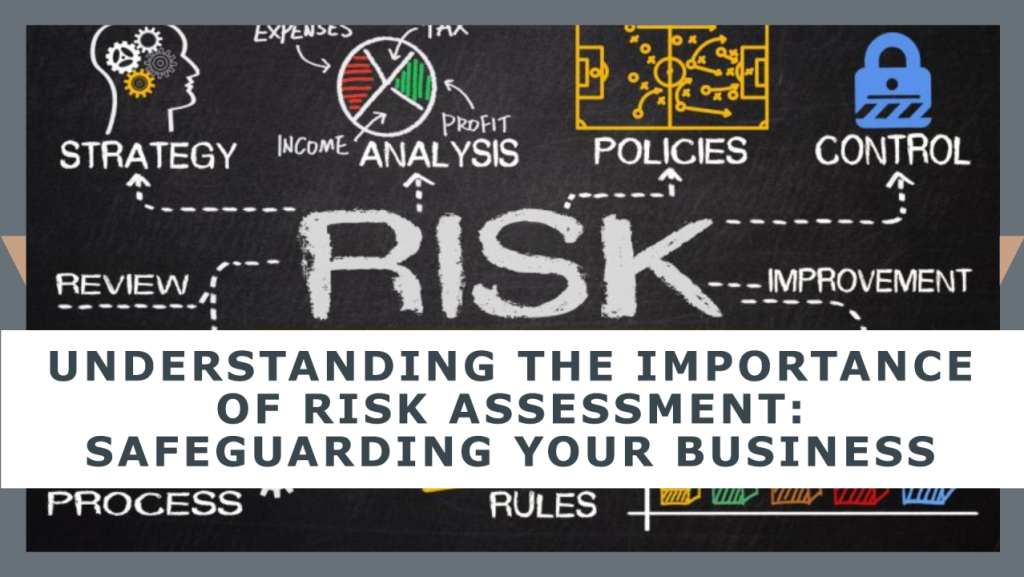
WORKSHOP ON RISK ANALYSIS AND MANAGEMENT
20th -21st January, 2026 13th-14th April, 2026
23th-24th July, 2026 19th-20th October, 2026
Introduction
Risk analysis and management is a systematic process used to identify, assess, and mitigate potential risks that could negatively impact a project, business, or other endeavor. It involves understanding the likelihood and potential impact of various risks, and then developing strategies to minimize their negative consequences. This process helps organizations make informed decisions, improve their ability to achieve objectives, and enhance overall resilience
A Risk Management course typically covers the processes of identifying, assessing, and mitigating potential risks. It includes understanding different types of risks, developing risk management strategies, and implementing controls. The curriculum often delves into risk assessment methodologies, risk response planning, and monitoring risk over time.
Learning Objectives:
At the end of the training, participants should be able to understand:
- Risk identification and analysis: Ability to identify potential risks and assess their likelihood and impact.
- Risk mitigation and response: Developing and implementing strategies to address identified risks.
- Risk monitoring and reporting: Tracking risks and communicating relevant information to stakeholders.
- Understanding risk management frameworks and best practices: Knowledge of established methodologies and standards.
- Critical thinking and decision-making: Applying risk management principles to make informed decisions.
Course Content:
· Introduction to Risk Management: This foundational module introduces the concept of risk, its importance, and the overall risk management process.
· Risk Identification: This section focuses on techniques for identifying potential risks, including brainstorming, checklists, and scenario analysis.
· Risk Assessment: This involves evaluating the likelihood and potential impact of identified risks, often using qualitative and quantitative methods.
· Risk Response Planning: This module covers developing strategies to address risks, such as avoidance, mitigation, transfer, or acceptance.
· Risk Monitoring and Control: This section focuses on ongoing monitoring of risks, tracking the effectiveness of implemented controls, and making adjustments as needed.
· Risk Management Frameworks: Courses may explore different risk management frameworks, such as COSO or ISO 31000, and their application in various contexts.
· Specific Risk Areas: Depending on the course, specialized modules might cover financial risk, operational risk, cybersecurity risk, project risk, or other industry-specific risks.
· Risk Culture and Governance: This aspect explores the importance of a strong risk culture within an organization and how it integrates with overall governance.
· Legal and Regulatory Compliance: Many courses address the legal and regulatory aspects of risk management, particularly in heavily regulated industries.
Duration: Two (2) days Fee: N200,000
Phone No:
08052062320, 08095284269, 07085271570
Email Address
training@nazellinkconsult.com info@nazellinkconsult.com
